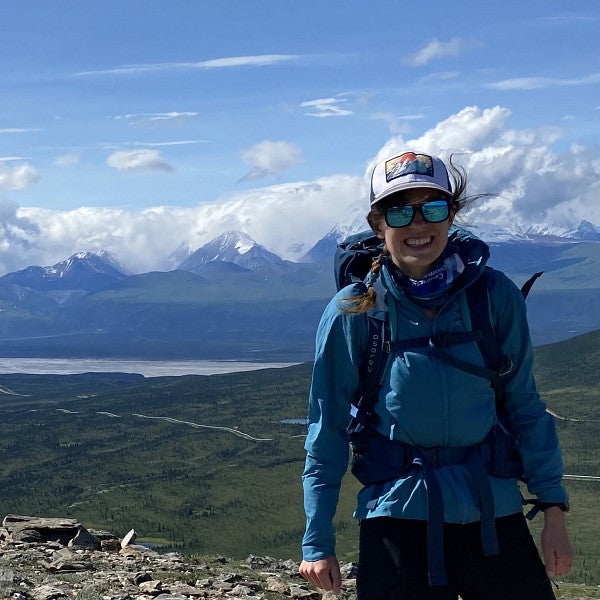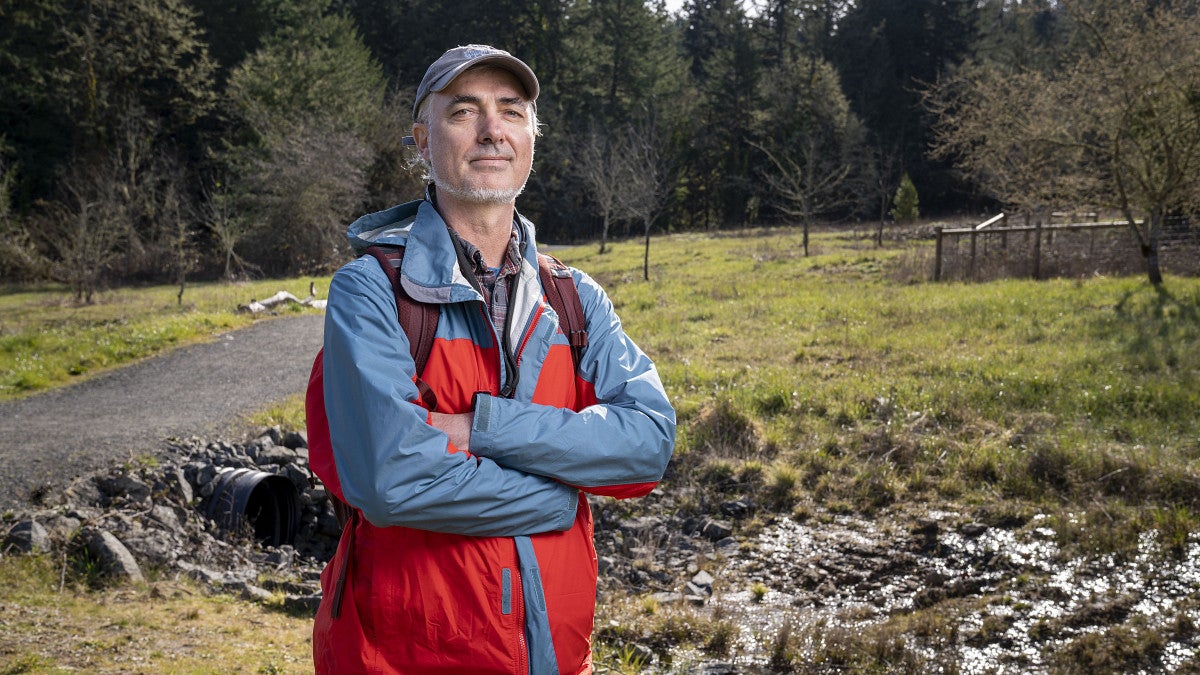The Department of Geography has built a national reputation as a leading center for research and teaching in biophysical geography, political-cultural geography, human-environment relations, and GISci (while maintaining its traditional strength in cartography). We are well positioned to develop collaborative clusters around a nature-society-space axis. Developing our program in this way, we can contribute to UO becoming ‘the’ destination for undergraduate education in cross-disciplinary environmental topics, as well as support the social and justice issues aligned with the ideals and reputation of the university. Our students experience a broad geographic perspective: we address global- change topics in the news (climate change, migrations, borders, governance), rooted in science, and linked to their societal drivers and implications, including how data are harnessed to explain these inherently spatial processes.
The distinctive feature of our graduate curriculum is that students receive balanced training in geography because they learn enough about other subfields without undermining the in-depth study of their own research field of specialization. This balance between breadth and depth has been a long-standing priority of our program. Our undergraduates receive high-quality training related to critical thinking, data science, natural environment, and spatial technology to address human-environment interactions.
Our Research Areas
- Global environmental change
- Public health and spatial modeling
- Political ecology and environmental justice
- Border politics and national sovereignty
- Sustainability and human-nature coupled systems
- Globalization and economic development
- Visualizations for climate change science and communication
- Glacier and ice-sheet dynamics
- Vegetation response to climate change
- Quaternary paleoecology and paleoclimatology
- Human-glacier-hydrology interactions
Our Research Labs
The intellectual community within the department is centered on faculty research, both individual and through groups or combined labs, as well as graduate student training.
- Dan Gavin: Paleoecology and Biogeography Lab
- Melissa Lucash: Terrestrial Ecosystem Ecology and Landscape Lab
- John Erich Christian: Ice Dynamics, Glacier Variability, and Climate Change
- Mark Carey: The UO Glacier Lab
- Laura Pulido: Critical Race Lab
- Carolyn Fish: The CartoFish Lab
- Shaul Cohen and Alec Murphy: People Identity and Place (PIP) Lab
Also note the Geography Department-affiliated InfoGraphics Lab.

Researching Arctic Warming in the Cryo-Hydro Earth Observation Lab
“The Arctic is currently experiencing warming at a faster rate than anywhere else on Earth. This amplified warming has notable effects on local hydrology, causing permafrost thaw, lake drainage events and increasing river discharge, with significant implications for local communities and ecosystems. In the Cryo-Hydro Earth Observation Lab, we use new satellite technologies and big data analysis techniques to research Arctic surface hydrology. Our goal is to improve understanding of how Arctic lakes and rivers respond to climate warming at local to pan-Arctic scales.”
—Sarah Cooley, Assistant Professor

Research Across Disciplines
Our department leads the University of Oregon in bridging the social, natural, and data sciences, allowing our students ample opportunities for interdisciplinary research.
Interdisciplinary Opportunities
Featured Research
Studying the Impact of Volcanic Eruption at Crater Lake
Researchers: Professor Daniel Gavin and graduate student Jamila Baig
The eruption of Mt. Mazama, 7630 years ago, created Crater Lake and blanketed the Pacific Northwest in a thick layer of volcanic ash that transformed the soil and vegetation over a vast region. We used a core of lake sediment that preserved an annual resolution record of the response of forest cover and forest fires to the ashfall. We found that the ash deposition did not cause a major change in the forest cover, but it did bury fuels and halted forest fires for 70 years, after which fires were frequent but not severe.
Exploring How NGOs Affect Eldercare in Beijing and Shanghai
Researchers: Graduate student Yi Yu and Professor Xiaobo Su
Recently the Chinese government has been actively collaborating with nonprofit nongovernmental organizations to provide social welfare services to older adults at the community level. We argue that collaborations between the state and NGOs in China have gradually transferred eldercare services to the NGOs, and led to a fragmented welfare system, which, as a consequence, has facilitated entrepreneurial urban governance. The paper sheds light on community-based organizations, their collaboration with local governments, and how they have become not only welfare providers but a significant site for social control.
Additional Recent Publications
Our faculty and students actively publish on a broad range of topics. Discover the latest research from our department.

